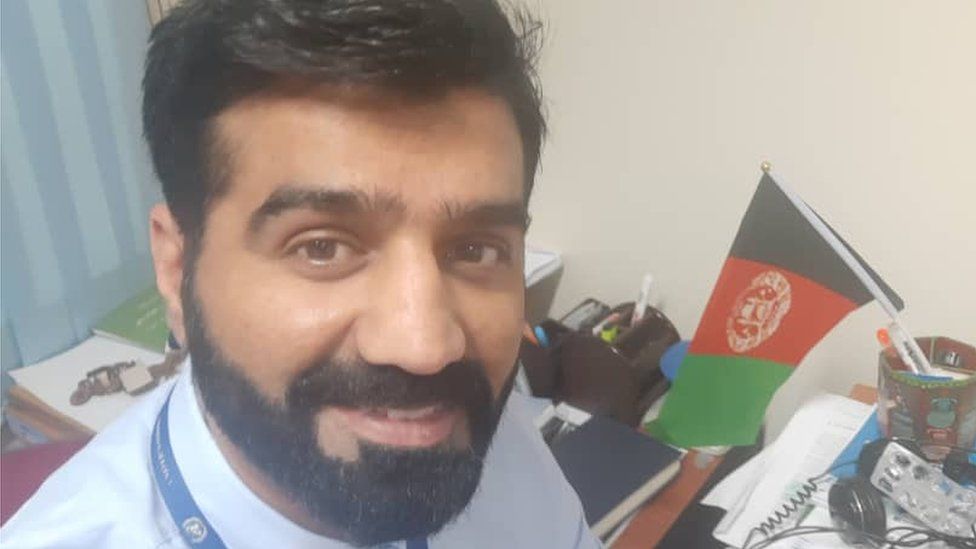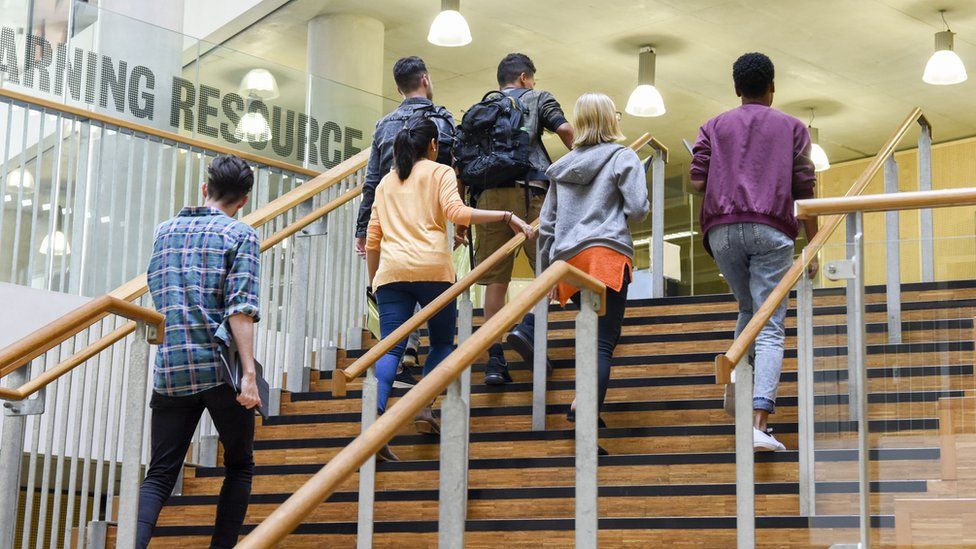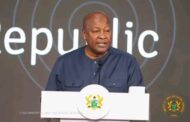Afghan students offered scholarships by the UK government to study here from next month have been told they will not now be able to take up their places.
Chevening Scholarships enable promising students around the world to pursue a masters degree in the UK.
But the Foreign Office said the situation in Afghanistan meant the British Embassy there would not finish preparations in time for this year.
The decision has been criticised by two former Conservative cabinet ministers.
One of the scholarship students, Naimatullah Zafary, told the BBC that students had been crying and some had panic attacks when they met with UK embassy staff to discuss the deferral of their places.
“I cannot sleep,” he said. “When we really need it, you are taking it away.”
‘Morally wrong’
Chevening Scholarships, which are funded by the Foreign Office, are prestigious and highly competitive.
But Afghan students who have been awarded places for this coming academic year have been told the embassy in Kabul, Afghanistan’s capital city, will not be able to complete the paperwork.
According to Mr Zafary, there are 35 Afghans affected and just under half are women.
It comes as the Taliban continues to seize territory in the country following the withdrawal of US and other foreign troops after 20 years of military operations.
‘Students were begging – allow us the visa’

Naimatullah Zafary, 35, applied four years running before finally getting accepted on the Chevening Scholarship programme, to study governance, development and public policy at the University of Sussex.
He currently works for the UN and lives in Kabul, but wanted to use his skills to improve Afghanistan’s local government. “I have seen the gap between the government and the people, when the government has to be a bridge but it turned out to be a concrete wall,” he says.
But last week he was told the place had to be deferred until next year because they could not issue visas. At a meeting in the UK embassy, the students were “yelling, they were begging, please, please, allow us the visa”, some were crying and some had panic attacks, he says.
Mr Zafary says it is hard for the students to accept the decision, when visas are still being issued to diplomatic staff and Afghans being relocated to the UK.
“When they said it will be paused for the next year, I don’t believe it. If you cannot make it this year, how can you make it next year?” Mr Zafary says. “Every day, every second in this country is unpredictable.”
More than 30 of the 35 students with places this year have resigned from their jobs in Afghanistan and some declined promotions.
Many of the women fear that as the Taliban extends its rule, their educational opportunities will disappear, Mr Zafary says, adding there is also a risk that Chevening students will become targets.
“I’m at risk, everyone is at risk. We’re looking at the future of Afghanistan and the development of Afghanistan and you have seen, they have targeted those who are looking at the future of the country.”
The former Conservative cabinet minister David Lidington said on Twitter that the decision to withdraw the scholarships seemed both “morally wrong and against UK interests”.
“Surely those accepted onto #Chevening will be at particular risk from Taliban & among ‘brightest & best’ whom our government rightly wants to attract to UK,” he said.
Mr Lidington added that he hoped Prime Minister Boris Johnson and Foreign Secretary Dominic Raab would review the situation “urgently”.
Former international development secretary Rory Stewart said it was “deeply disappointing” that visas could not be sorted out.
A Foreign Office spokesperson said all of this year’s scholars would be able to start their programme next year.
The Taliban has seized what had been government-controlled territory with speed following the withdrawal of foreign troops.
The militant group is now in control of much of the country and is edging closer to the capital Kabul.
This week the UK government said it would send about 600 troops to the country to assist British nationals to leave.
More than a quarter of a million people have been displaced by the violence, and many have fled Kabul in the hope of finding safety.
Gen Sir Richard Barrons, who was head of UK Joint Forces Command, previously warned that the withdrawal of troops from Afghanistan was a strategic mistake that risked a resurgence of terrorism.
Source: BBC




















































